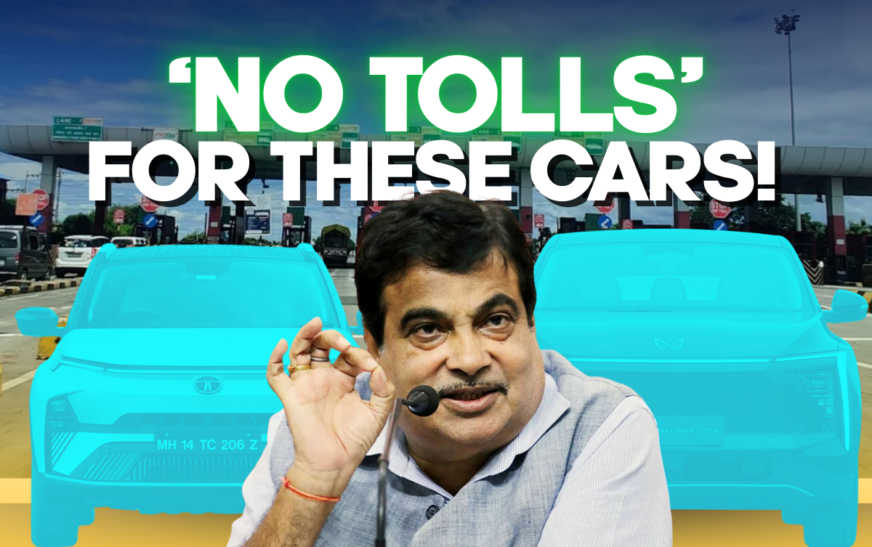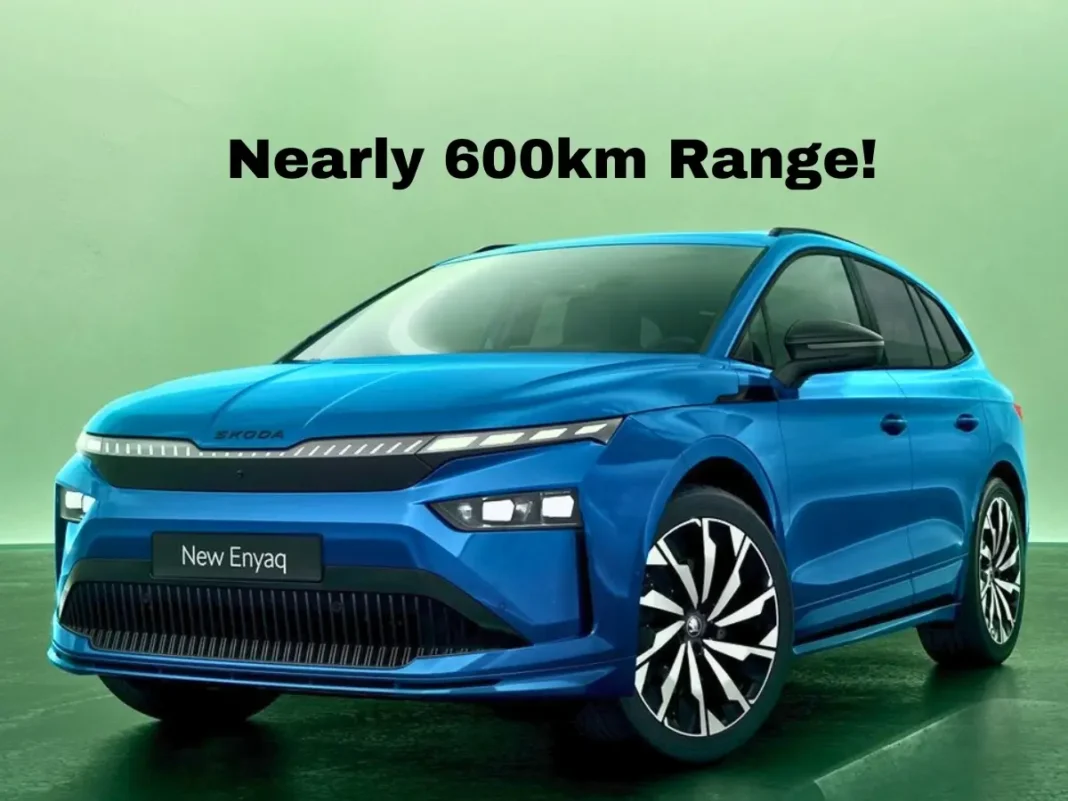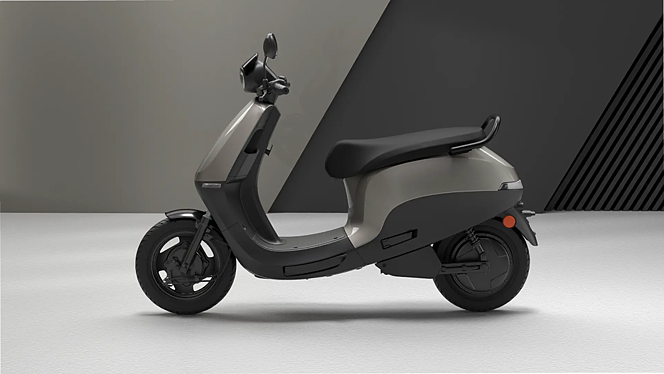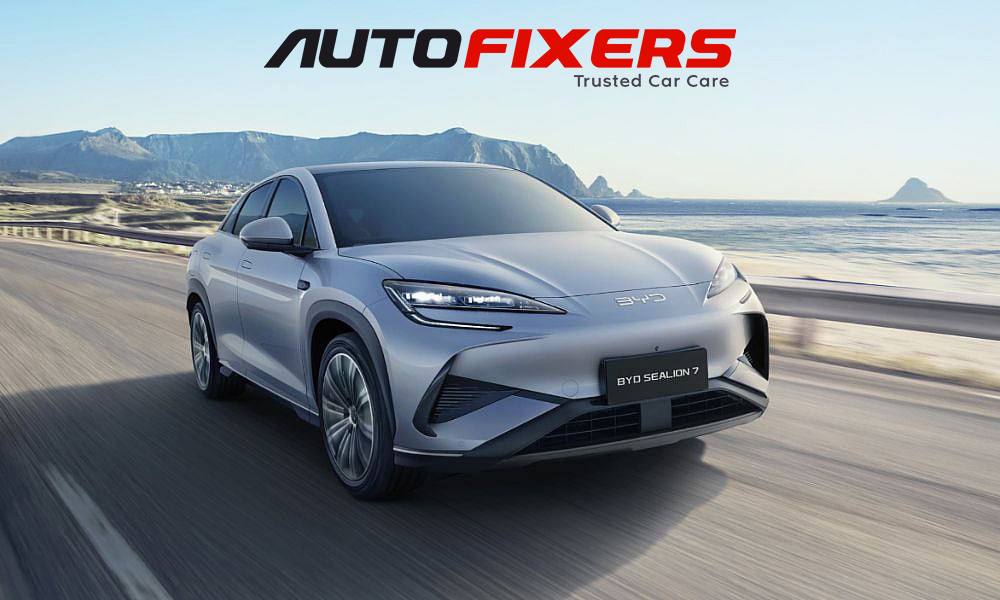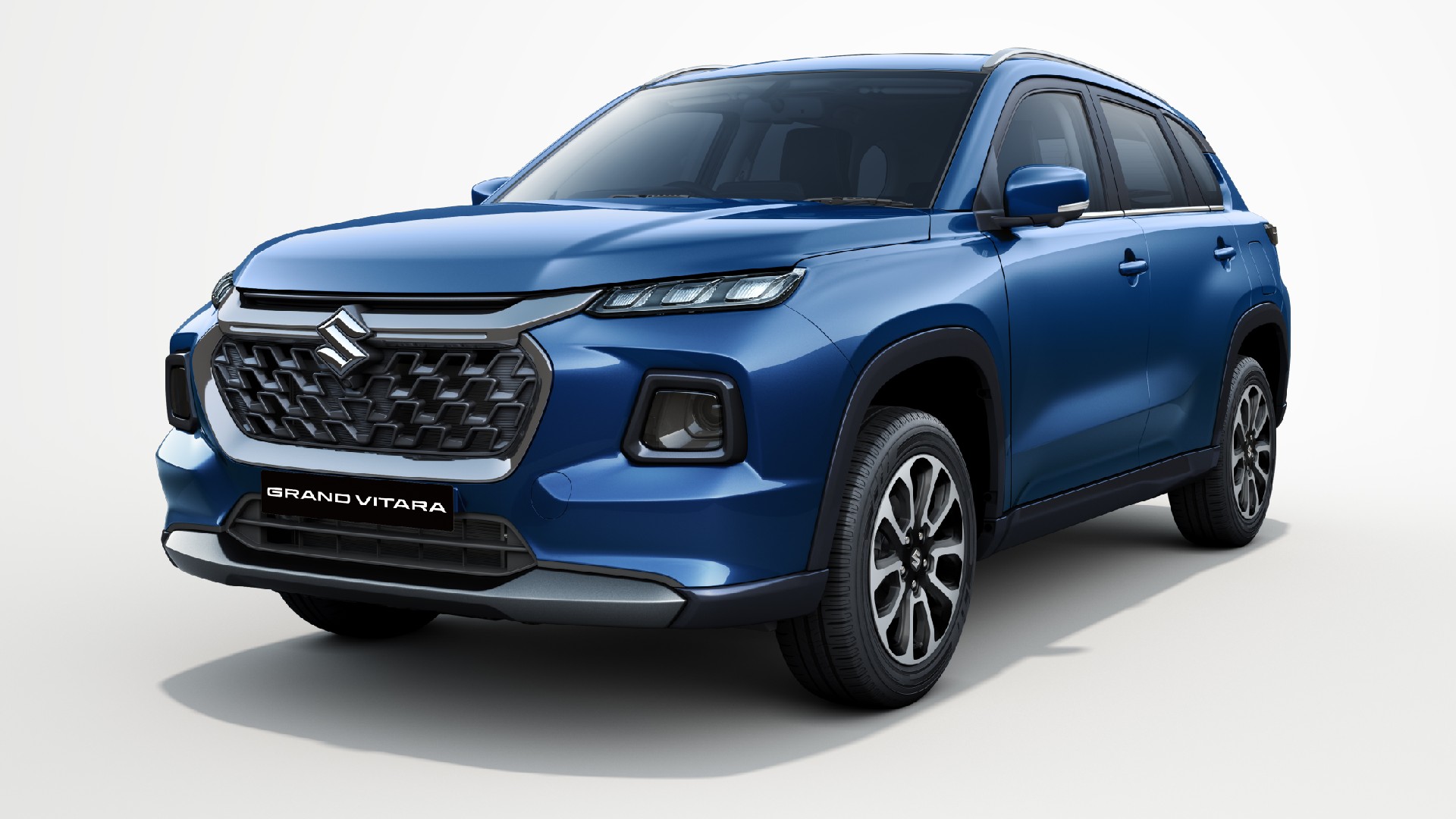Driving Toward a Greener Future
As electric vehicles (EVs) gain popularity in India, governments are stepping up efforts to support clean transportation. In a significant move, the Maharashtra government has announced zero toll charges for electric passenger cars and buses on several key expressways. This decision not only encourages more people to switch to EVs but also underlines the state’s commitment to a cleaner, sustainable future.
Expressways with Toll-Free Access for EVs
According to the official announcement, toll waivers will apply to:
- Mumbai-Pune Expressway – One of the busiest highways in India.
- Mumbai-Nagpur Samruddhi Mahamarg – A high-speed corridor connecting key cities.
- Shivdi-Nhava Sheva Atal Setu (MTHL) – The upcoming sea bridge linking Mumbai and Navi Mumbai.
These routes are vital arteries of commerce and travel, and the exemption will significantly lower the operating cost for EV users.
What This Means for EV Owners
This toll exemption isn’t just symbolic. It offers real, measurable savings:
- Daily EV commuters and intercity travelers can save thousands of rupees annually.
- Fleet operators and bus services using electric vehicles can now reduce their expenses substantially.
- EV adoption will become more attractive to first-time car buyers in urban and semi-urban areas.
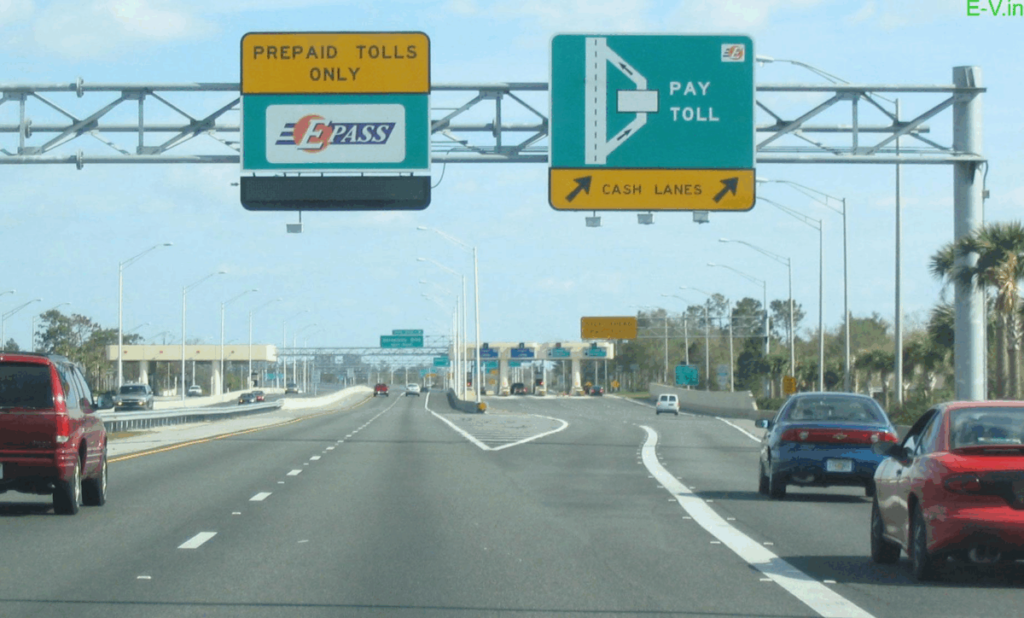
A Push for Cleaner Air and Lower Emissions
This move is part of a broader environmental initiative to reduce pollution and greenhouse gas emissions from the transportation sector. Maharashtra’s urban centers, especially Mumbai and Pune, are grappling with air quality issues. EVs produce zero tailpipe emissions, and wider adoption can significantly improve air quality and public health over time.
Charging Infrastructure Expansion
To support this initiative, the government will:
- Collaborate with oil marketing companies to set up EV charging stations at existing and new fuel pumps.
- Install fast-charging facilities at STU (State Transport Undertaking) bus depots and terminals.
- Ensure easy access to power along highways, minimizing range anxiety for long-distance EV users.
This ensures that EV owners can travel worry-free across the state without worrying about where to charge.
Financial Benefits Beyond Toll Waivers
Maharashtra’s EV policy also includes direct financial incentives for private EV buyers:
- 10% discount on the base price of electric two-wheelers, three-wheelers, and four-wheelers (non-transport).
- EVs already benefit from GST reduction, road tax exemption, and lower running costs compared to petrol/diesel vehicles.
These discounts are expected to drive a surge in EV sales, especially from brands like Tata Motors and Mahindra, which have a strong EV portfolio in India.
What This Means for the EV Market in India
The toll exemption and related perks can act as a catalyst for EV adoption in India. Here’s how:
- Buyers will be more confident in choosing electric vehicles as a practical and economical option.
- It will promote local EV production and job creation in the auto sector.
- Public and private fleets may start converting to electric faster than expected.
- The EV ecosystem – from battery manufacturers to charging station operators – will grow rapidly.
Final Thoughts
Maharashtra’s toll-free travel for EVs isn’t just about saving money – it’s about building a greener and smarter transportation future. This move sets a powerful example for other Indian states to follow. For consumers, the message is clear: the future belongs to electric vehicles, and now is the best time to be part of the transition.

